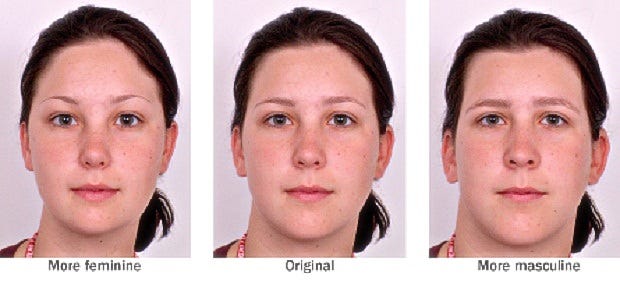By Greta Aurora
Women’s weakness and vulnerability is a great source of power. This uniquely feminine power has no male equivalent, because men are generally expected to be able to defend themselves from harm.
Female victimhood has the potential to raise a woman’s social status by making people sympathise with her and want to help her. A man’s weakness, on the other hand, tends to lower his status in the eyes of others.
 ‘Chivalry’ by Frank Dicksee (1885)
‘Chivalry’ by Frank Dicksee (1885)
Janice Fiamengo writes:
“Well over a century ago, our ancestors debated women’s demand for voting and other privileges. Traditionalists argued that women faced a choice: they could either have special treatment on the basis of their alleged vulnerability as a group, or they could have political equality, but they couldn’t have both. Lo and behold, women got both, with peculiar results for our political culture.
In our time, the performance of powerlessness has become a dominant strategy of power, nowhere more evident than in politics. “I’ve been traumatized” is now a more galvanizing cry than “I can handle that”—and trembling weakness often eclipses demonstration of strength and competence.”
Everyone pays attention to a distressed woman. Everyone wants to help her and keep her safe. It’s an essential biological instinct to protect the weaker sex, without which our species would’ve gone extinct a long time ago. On the other hand, a man in distress is usually blamed for the situation he’s in; he’s told to try harder and do better.
A woman in distress is not expected to defend herself, because she’s assumed to be weak, vulnerable and in need of male protection. The damsel in distress archetype is the epitome of female victimhood and the resulting power. It doesn’t matter if the distress is real, imagined, acted or exaggerated: there’s always someone around to rescue the damsel and cater to her every need. The saviour may be a man, the government or the media (as in the case of Amber Heard).
Women and Children First
All human beings are innately driven to protect children – an instinct essential for survival. Adult women are able to harness the same empathy people have for children due to a biological phenomenon called neoteny.
Neoteny refers to the retention of juvenile features in adults. In humans, this is a physical characteristic in women that signals innocence and vulnerability. It therefore elicits caring and nurturing responses from other people.
Examples of neotenous or baby-like features that are important for women’s facial attractiveness are large, widely spaced eyes and a small nose and chin. Cross-cultural studies have shown that these features are considered attractive by men all over the world.
Contrast these traditionally feminine features with typical masculine traits resulting from high testosterone levels, such as a pronounced jaw, chin, cheekbones, and brow ridges. In women, the hormone estrogen contributes to the maintenance of neotenous features. During puberty, testosterone levels in boys increase dramatically, which causes them to develop the masculine characteristics that clearly differentiate them from girls.
When we see a tiny baby or puppy, we instinctively want to keep them safe. This is the same instinct women can exploit well into adulthood, while men lose this opportunity after hitting puberty.
An eye-opening social experiment has shown that people are more likely to want to protect girls than they are to care about boys, even before the effects of puberty begin to manifest. In the experiment, people rescued the little girl first, followed by the dog and then the cat. The little boy was the last to receive help from passers-by. Another study has found that both men and women are more likely to sacrifice a man than a woman when it comes to both saving the lives of others and pursuing self-interests. This is heartbreakingly representative of our society, which incessantly exaggerates the discomfort of women, while downplaying the suffering of men.
The price of women’s power has always been male sacrifice. This was as true a hundred thousand years ago and a thousand years ago as it is today.
Feminists misrepresent men’s efforts to protect and serve women as patriarchal oppression. But the truth is that all cultures glorify male suffering and self-sacrifice, while putting girls on a pedestal for their beauty and innocence.
Traditionally, women had fewer rights because they had virtually no responsibilities, and they certainly weren’t required to sacrifice themselves for their community. In the West today, women have the same rights as men, while still enjoying special treatment.
The Temptation of Damselling
Some women exploit the power of the damsel in distress more than others, but I believe we all use it from time to time. I think we are all aware of this power at an instinctual level.
There are, of course, horrible instances of actual violence against women. But women making false allegations and playing the damsel don’t make life any easier for real survivors. In fact, they’re making it much more difficult for actual survivors to get help and justice. They’re also doing a lot of harm by calling into question women’s competence and ability to rule over their own lives.
*For more articles by Greta Aurora visit her Substack Feminine Power


You must log in to post a comment.